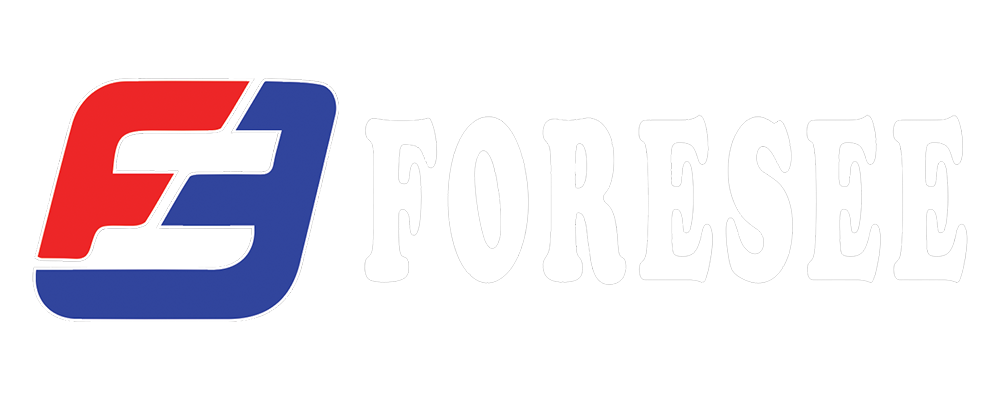Solid and flux-cored wires are both commonly used in welding, but they serve different purposes and have distinct characteristics:
1. Solid Wires (GMAW/MIG)
- Composition: Solid wire is a single, continuous wire made from metal, typically copper-coated to prevent rusting.
- Shielding Gas: Requires an external shielding gas (like CO₂ or an Argon/CO₂ mixture) to protect the weld from atmospheric contamination.
- Applications: Ideal for clean environments and thin materials such as automotive work or industrial fabrication. It is used for MIG welding.
-
Pros:
- Cleaner welds with minimal spatter.
- Better for indoor welding.
- Easier to work with for thinner materials.
-
Cons:
- Requires a gas cylinder and regulator.
- Not suitable for outdoor or windy conditions as the shielding gas can be blown away.
2. Flux-Cored Wires (FCAW)
- Composition: Has a core filled with flux, which generates gas and slag to shield the weld pool from contamination.
-
Types:
- Self-shielded: No need for an external shielding gas; the flux within the wire generates it.
- Gas-shielded: Requires external shielding gas, but the flux still contributes to slag formation.
- Applications: Suited for thicker materials, outdoor work, or dirty/rusty surfaces, commonly used in construction, shipbuilding, and heavy fabrication.
-
Pros:
- Self-shielded wires are ideal for outdoor welding and windy environments.
- Better for welding thick materials.
- Allows for deeper penetration and higher deposition rates, making it good for structural work.
-
Cons:
- More spatter and slag to clean.
- Typically produces more fumes.
- Self-shielded flux-cored wires are not recommended for thin materials.
Summary:
- Solid wires are great for clean, indoor environments and thin materials, offering cleaner welds but requiring external shielding gas.
- Flux-cored wires provide versatility, especially outdoors or for thicker, dirtier materials, but they tend to produce more spatter and require slag removal.

Recent post